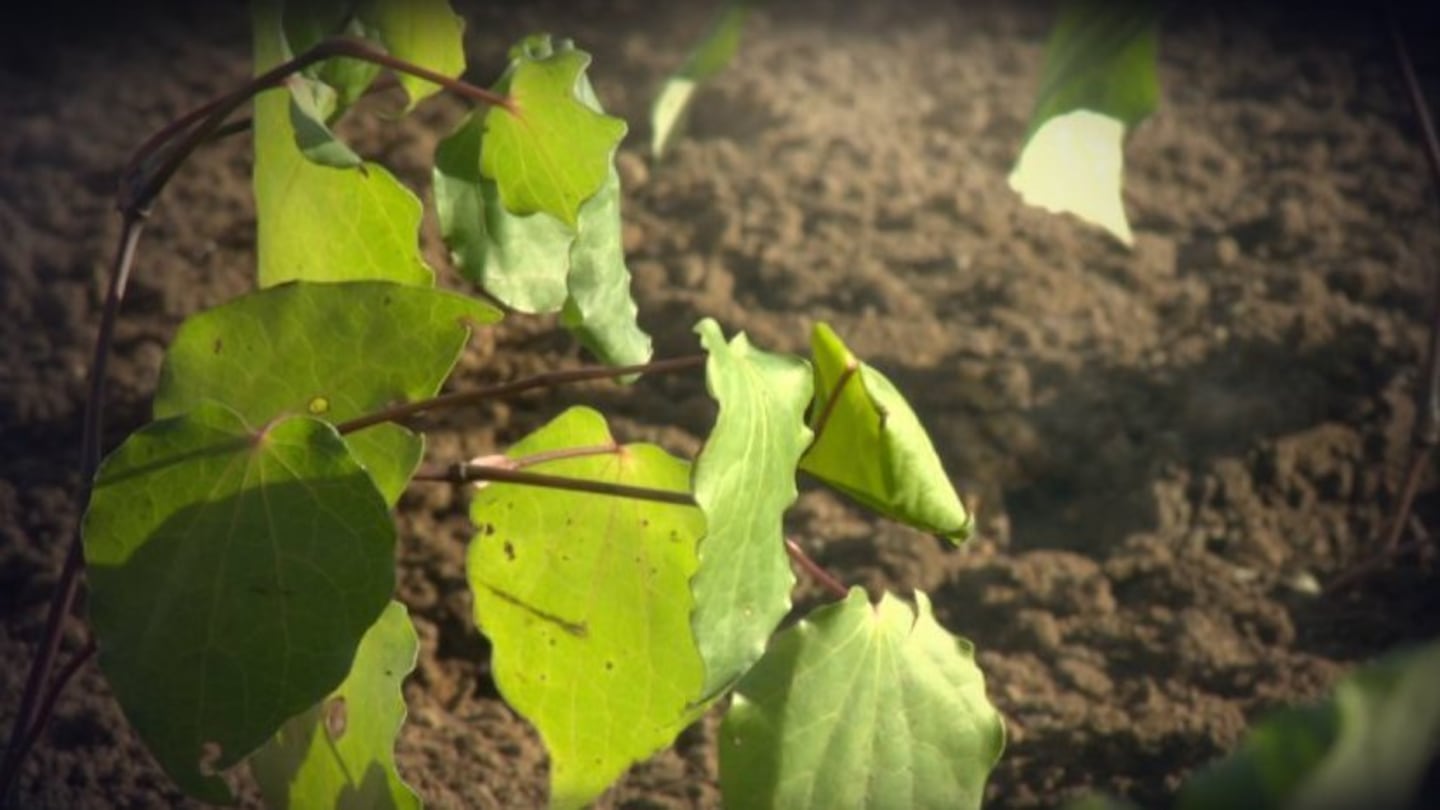An influential legal scholar is warning the government not to repeat past mistakes by legislating to control rongoā Māori.
University of Auckland emeritus law professor Dr Jane Kelsey says the new Therapeutic Products Bill, which would see rongoā regulated by a government bureaucrat at the Ministry of Health, echoes the 1907 Tohunga Suppression Act – the act that outlawed the practice for half a century up until 1962.
“The bill itself says it’s aiming to ensure people who use therapeutic products, which are medicines and natural health remedies, have access to safe and quality care. But it’s very much framed around a western science model of ‘what are the ingredients?’ and ‘does the person have the right tertiary qualifications?’”
“[It] runs roughshod over rangatiratanga and the whole centuries/millennia of Māori being able to answer those questions in relation to rongoā,” Kelsey says.
Whether not rongoā has been included in the bill has been flip-flopped any number of times.
“It could just be of this general political cowardice we’re seeing now in relation to so many things Māori,” she says.
In or out?
“When the bill initially went out for discussion it did not include rongoā. Subsequently, there were proposals that rongoā be covered, then Te Aka Whai Ora and Te Puni Kōkiri both said it shouldn’t be in there, and that there should be a strong Treaty provision in there.”
Despite many questions being asked, a petition with 12,000 signatures to not have rongoā included in the bill, links made to the Wai262 Waitangi Tribunal case, and her own proposal to keep it out of the bill, “people need to keep the pressure on,” Kelsey says.
“I was asked by the chair of the select committee at the end of my five-minute submission to draft provisions that might achieve this but they’ve gone into a deep, dark hole again.
“We have no idea what’s happening inside government and [we’re] trying to clean up the mess they’ve made with this legislation. Hopefully, they’ll see sense because, otherwise, I have a very strong sense that it’ll end up back before the Waitangi Tribunal.”



